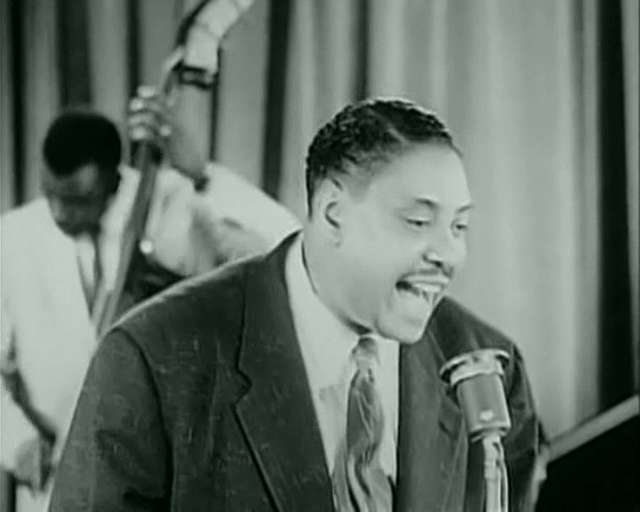
Word of the Day: Inure
Today’s word of the day, courtesy of the The Dictionary Project is inure. Inure is a verb that means “to accustom or harden by frequent or prolonged exposure,” according to the Dictionary Project’s daily email. Yourdictionary.com gives this: “To make accustomed to something difficult, painful, etc.,” which is, I think, how it is used most often (https://www.yourdictionary.com/inure); we don’t usually say that someone has become inured to something pleasurable. Yourdictionary.com provides three other definitions: “To come into use or take effect,” “To be given or to be attributable to,” or “To become used to,” although the latter two come from the Webster’s New World Law Dictionary, so they may indicate specialized use.
The word, which was also spelled enure, entered the language in the “mid-15c., ‘accustom, adapt, establish by use,’ contracted from phrase (put) in ure ‘(put) in practice’ (attested by early 15c.), from obsolete noun ure ‘work, practice, exercise, use,’ which is probably from Old French uevre, oeuvre ‘work,’ from Latin opera ‘work’ (from PIE root *op- ‘to work, produce in abundance’). The meaning ‘toughen or harden by experience’ is attested from late 15c” (https://www.etymonline.com/search?q=inure).
The PIE root, *op-, is interesting on its own: “It forms all or part of: cooperate; cooperation; copious; copy; cornucopia; hors d’oeuvre; inure; maneuver; manure; oeuvre; office; official; officinal; omni-; omnibus; omnium gatherum; op. cit.; opera; operate; operation; operose; optimism; optimum; opulence; opulent; opus; Oscan” (ibid.). Oscan, by the way, is the Latin name of a people group in Southern Italy that worshipped the harvest goddess Ops, “the name related to Latin ops (genitive opis) ‘abundance, plenty, wealth, riches’” (https://www.etymonline.com/word/Oscan). The change from the p to the f, in words like office, is a sound change that is described in Grimm’s Law and is seen between Latin and English in words like pater/father and piscis/fish.
According to On This Day, April 12, 1954, is the date on which Bill Haley and His Comets recorded the song that people often consider the beginning of Rock and Roll, “Rock Around the Clock.”
The song has an interesting history. It was originally recorded and released by Sonny Dae and His Knights, though one of the writers claimed that it was written for Haley. When Haley did release it, it did not climb very high on the charts. It wasn’t until it was used in the 1955 film Blackboard Jungle that the song really made a splash (https://en.wikipedia.org/wiki/Rock_Around_the_Clock).
Interestingly, on this same date, Atlantic Records released a song written by Jesse Stone and recorded by Big Joe Turner, “Shake, Rattle, and Roll.” It wasn’t the first time the phrase had been used in American popular music; a 1910 ragtime song used it, but that song was referring to dice (https://en.wikipedia.org/wiki/Shake,_Rattle_and_Roll). The story is that the head of Atlantic Records asked Stone to write an upbeat song for Turner, and “Shake, Rattle, and Roll” was the result. The song made it to #1 on the Billboard R&B Chart and #22 on the Singles Chart. On the Rolling Stone magazine list of the 500 greatest songs of all time, the 2004 version, it ranked 126 (https://web.archive.org/web/20080622142703/http://www.rollingstone.com/news/coverstory/500songs/page/2), though it dropped to 127 in 2010.
Big Joe Turner (1911-1985) was called a Blues Shouter, meaning that he didn’t need a microphone to sing with a band. From Kansas City, Turner became known as the “Singing Barman” because, well, he tended bar and sang in local nightclubs (https://en.wikipedia.org/wiki/Big_Joe_Turner). He partnered with a friend who played piano, and in the late 30s and 40s they performed rhythm and blues, mostly.
Then he was given “Shake, Rattle, and Roll,” and he suddenly became a hit with teenagers. Melody Maker magazine, a British publication, named him “Best New Vocalist” for 1956, though he had been named Best Male Vocalist by Esquire in 1945 (ibid.). He had a number of other relatively successful hits in the new rock music genre, and he toured Australia with Bill Haley and His Comets and a couple of other groups. But in the 1960s, he returned to his roots, performing primarily jazz and blues.
“According to songwriter Doc Pomus [who is in the Rock and Roll Hall of Fame as a nonperformer], ‘Rock and roll would have never happened without him’” (ibid.). So just from a timing point of view, it’s a wonder that Big Joe Turner is not considered the Godfather of Rock and Roll. But I suppose that, as a nation, we have become inured to giving that title to Bill Haley.
Today’s image is “An image of Big Joe Turner captured as a single frame from the Public Domain show ‘Rock ‘n’ Roll Revue’ 1955 at the Internet Archive” (https://picryl.com/media/big-joe-turner-rock-and-roll-revue-apollo-theater-1955-402104).